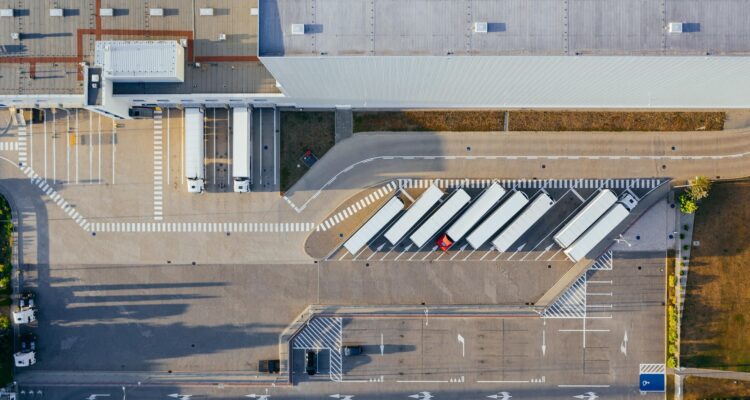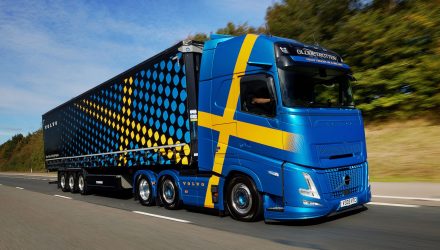Field-based teams are the engine behind the UK’s infrastructure. From HGV drivers and utility crews to mobile construction teams, their work keeps everything moving – quite literally. But as transport and logistics become more dynamic, getting these people to where they need to be, with the right support in place, is no longer straightforward.
This issue affects everyone responsible for vehicle operations and workforce mobility – notably fleet managers, who increasingly find themselves coordinating not just vehicles, but also the travel and accommodation needs of dispersed teams.
What’s clear across construction, utilities and logistics is that the way businesses manage crew travel is no longer a back-office task. It has become a serious operational factor and, for those who get it right, a potential source of competitive advantage.
The growing complexity of projects
The challenge is that projects are growing in size and complexity. Timelines are tighter, and the geography teams need to cover is expanding. Whether it’s urgent repairs, temporary site work or delivery route changes, crews often need to be deployed quickly and stay on location for days or even weeks at a time.
Global trade shifts, like volatile US tariffs, are creating new logistical pinch points, while cyber threats are forcing companies to be more cautious about who has access to what information and where. Across the board, managers are under pressure to do more with less – keeping projects on track while maintaining visibility, compliance and cost control.
Why traditional tools fall short
Yet many of the tools still in use weren’t built for this. Traditional travel systems are often geared toward white-collar business travel, not teams of workers moving between sites, staying in budget accommodation, and needing flexibility around cancellations, vehicle storage or group bookings. The result is wasted time, increased costs and a significant admin overhead, which often falls on the shoulders of fleet and transport teams already juggling route planning, driver welfare and vehicle compliance. This has prompted a shift toward more specialised tools that can handle the realities of workforce travel. Unlike traditional systems designed for office-based trips, these solutions are better equipped to manage the complexity of crew movements – including group bookings, extended stays, rapid redeployments and tighter cost controls.
In practice, what’s needed is a more joined-up approach to managing travel for mobile teams. Many managers are still dealing with a patchwork of systems – separate booking tools, manual expense processes and limited visibility over where crews are or how much is being spent. This fragmentation slows everything down and makes it difficult to react when plans inevitably change.
Centralising for visibility and control
A more effective model brings these elements together, giving managers oversight of bookings, costs and schedules in one place. That means being able to arrange accommodation across multiple sites quickly, adjust plans at short notice and ensure crews are staying in appropriate, vetted locations. Just as importantly, centralised travel oversight helps reduce unexpected costs, supports compliance and cuts the admin load for both operations and finance teams. For logistics firms, this translates into better planning and compliance, meaning drivers are well rested and fit for duty. In construction, it helps crews remain on site and on schedule. And in the utilities sector, where rapid response is often required, it removes the friction from last-minute deployments. Across the board, safety improves, compliance becomes easier to demonstrate, and businesses gain the visibility they need to make informed decisions.
Workforce travel as an operational priority
In today’s fast-moving environment, workforce travel is a core part of operational success. When businesses treat it that way, with systems designed for speed, control and field-based realities, they’re better placed to stay agile, meet deadlines and look after their people.
Because while vehicles may power the journey, it’s people who make it happen. And managing their movement effectively could be one of the smartest operational decisions a business makes.
Roomex is a free-to-use workforce travel platform which offers the largest selection of workforce-suitable hotels worldwide, exclusive discounted rates, robust expense management, and real-time visibility into travel spend, helping companies lower costs by an average of 18% on accommodation annually.
Author: Garry Moroney, CEO at workforce travel and accommodation platform, Roomex







